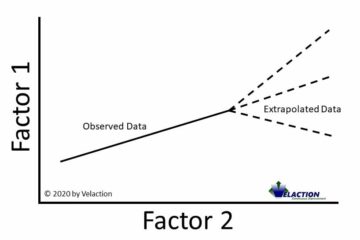Lean Terms
Economy of Scale
Economy of scale means that an organization is structured in such a way that as production volumes rise, per unit costs fall. In effect, this is a fancy of way to say “bigger is better”. It is based on the idea that a product has two basic components to its Read more…

